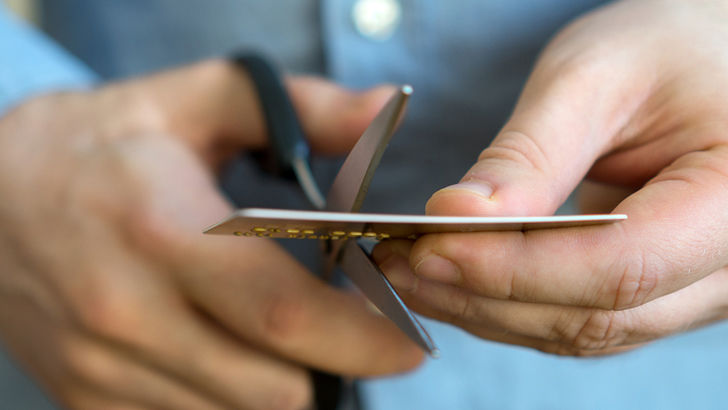What not to do with your money when you're getting a divorce
By Terrence Trainor
Everyone knows divorce and separation can be difficult, and it can be hard to know where to turn for the best advice when there's no "one size fits all" approach to resolving financial disputes.
There are, however, some general dos and don'ts to take into account if your relationship has reached the point where you need to take steps to divide your property following a relationship breakdown.
Do...
1. Be transparent
Once trust between a couple breaks down, relationship problems can get worse, particularly if one person feels the other is hiding information.
It may be difficult when the relationship has already reached breaking point, but being transparent throughout the process is always key when dealing with family disputes and avoiding a protracted courtroom battle.
2. Seek financial advice early
Frequently couples who previously enjoyed a comfortable lifestyle may not fully appreciate the day-to-day impact of their living costs effectively doubling once they split.
Be realistic about your new financial circumstances and seek advice early to avoid the possibility of racking up debt prior to reaching a financial settlement.
3. Get it in writing
One of the golden rules of divorce and separation is to make sure anything you and your former partner agree on is documented.
Any discussions around child support, parenting matters or spousal maintenance should be agreed in writing.
This is a vital stage in which to involve a lawyer to ensure your agreements can be finalised swiftly and, most importantly, in a binding fashion.
4. Cancel the credit card
If you are the primary credit cardholder be aware that you will be responsible for any transactions on the account incurred by your spouse or partner.
That said, there may be good reasons to leave the existing arrangement in place pending a final agreement being reached.
5. Consider alternatives to litigation
Be open to other avenues of dispute resolution outside of litigation, such as arbitration, mediation and collaborative law, which can reduce your legal bills by resolving matters outside of the court system.

Don't...
1. Hide assets or income
When you go through a financial settlement there is a duty of disclosure in relation to all aspects of your financial affairs, which means you are both legally required to set out everything you own, earn and owe.
Hiding assets or income could completely erode your credibility before the court, which has the power to reverse any transactions prejudicial to the other party.
2. Drain the joint bank account
There is often conflicting advice about what to do with money held in a joint bank account.
Do you withdraw all of it, half or a small amount to tide you over?
There is no one right answer as it depends on the circumstances.
If you are unsure and you feel there is a risk of being financially exposed, speak to a lawyer for early advice. It's possible that you might be able to transfer funds to a bank account in your control and then transfer them back at a later date.
3. Make any big purchases
Not only can this inflame an already difficult situation, but unravelling your joint financial affairs can incur significant costs along the way.
For example, you may both waste the buying and selling costs of acquisition plus incur the selling costs should the asset need to be sold or liquidated.
4. Ignore addictive behaviour
Be alert to whether your spouse may be suffering from addictions such as drug or gambling as money can be disappear very quickly.
If this relates to you take legal advice early about how to protect and safeguard your assets
As with many things in life, knowledge is power.
Be sure to seek specialist family law advice to understand what your rights are and maximise your bargaining position.
Get stories like this in our newsletters.


